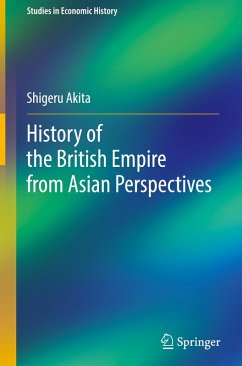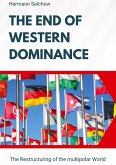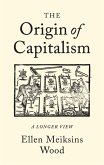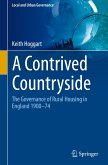This book presents the history of the British Empire as the "Bridge" for creating a Global History, especially emphasizing its connections with Asian regions. The United Kingdom ruled most of the world in the nineteenth century. Its influence spread around the globe in various forms - in the white settlements such as those in Canada, Australia, and New Zealand (Dominions), in Asian and African regions represented by present-day India, in colonies acquired by military force (Dependencies), and in other regions under its economic influence through trade and investment (the informal empire). Thus, the British Empire played a key role in nineteenth-century globalization.
There are many books on the British Empire in English. However, no books from Asian perspectives have interpreted it as "the means used by Asian countries for their own economic development" (and as providers of "international public goods"). Along with the East Asian economic resurgence, the weight of theglobal system and the world economy has now largely shifted from the Atlantic world to the Asia-Pacific region, encompassing India, as well as the Pacific coast of the United States. The global depression in 2008 accelerated this trend. We now face the task of building a new interpretation of world history with a clearer understanding of this upheaval. Redrawing world history is not an easy task but a good starting point would be to analyze the mutual relationship between the British Empire and the Asian regions, and this can be done by interpreting the historical significance of the British Empire.
There are many books on the British Empire in English. However, no books from Asian perspectives have interpreted it as "the means used by Asian countries for their own economic development" (and as providers of "international public goods"). Along with the East Asian economic resurgence, the weight of theglobal system and the world economy has now largely shifted from the Atlantic world to the Asia-Pacific region, encompassing India, as well as the Pacific coast of the United States. The global depression in 2008 accelerated this trend. We now face the task of building a new interpretation of world history with a clearer understanding of this upheaval. Redrawing world history is not an easy task but a good starting point would be to analyze the mutual relationship between the British Empire and the Asian regions, and this can be done by interpreting the historical significance of the British Empire.









